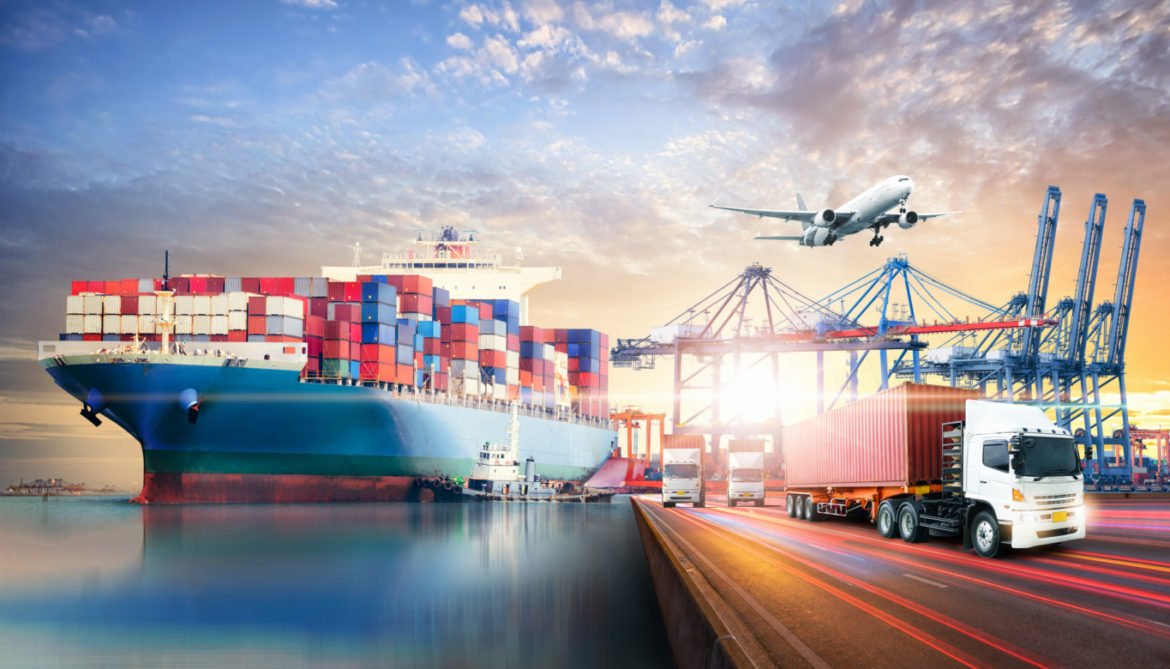On Sunday 16th July 2023, Business and Trade Secretary Kemi Badenoch formally signed the treaty to the Comprehensive and Progressive Agreement for Trans-Pacific Partnership (CPTPP) in New Zealand.
Key industries that the multilateral free trade agreement will benefit through access to zero tariffs include whisky exports, and cars made in the United Kingdom. The UK government has published that it anticipates for UK exports to CPTPP member nations to lift by 53%, from 56 billion in 2021 to £86billion in 2035.
Foreign Direct Investment
In terms of foreign direct investment (FDI), membership of the CPTPP provide assurances and guarantees to inward investors. In 2021, investment in the United Kingdom from CPTPP nations accounted for £182 billion, attributable to around 9% of total UK inward investment, with Japan holding the most amount of businesses in the United Kingdom (4000 in 2019), followed by Australia (2162) and Canada (2054). The Office of National Statistics (ONS) research identifies that FDI owned businesses are more likely to export, with a majority of FDI business accounting for 51% of export of goods in 2019.[1]
CPTPP Members
The Indo-Pacific Agreement includes Australia, Brunei, Canada, Chile, Japan, Malaysia, Mexico, New Zealand, Peru and Singapore, and the United Kingdom will be the first European country to join. Whilst the United Kingdom already has free trade agreements secured with all members other than Brunei and Malaysia, joining the bloc establishes guarantees for foreign inward investors (FDI), and also provides the United Kingdom with the ability to approve or veto the accession of future applicants. The Institute for Government identifies that the UK government has stated that “it sees geopolitical advantage in CPTPP membership, since it would put ‘the UK at the centre of a network of countries committed to free trade and to the global rules underpinning international commerce’ and strengthen its place in the ‘Indo-Pacific’ region.”[2]
Rules of Origin
A key feature of the CPTPP agreement is that it is not harmonised across member nations, unlike the customs union of the European Union, and therefore provides participants with the ability to enforce food standards and environmental protections, known as sanitary and phytosanitary (SPS) controls and also retain protection for national industries – for example Japan’s rice farming industry, and Canada’s dairy industry will retain tariffs, with preferential rules of origin applying to 99% of goods.
However, the rules of origin for CPTPP nations are harmonised, and the treaty enables goods to be ‘cumulated’ across CPTPP nations – goods are required to have 70% of their content (weighted by economic contribution) sourced from any combination of CPTPP nations to be considered of CTPPP origin and benefit from preference.
The next step is for the UK government to ratify the agreement, whilst the other member participants complete internal legislative procedures.
[1] ONS (2020), UK trade in services by business characteristics [2] 2021 Integrated Review of Security, Defence, Development and Foreign Policy, cited by James Kane in ‘Comprehensive and Progressive Agreement for Trans-Pacific Partnership (CPTPP) (Institute for Government 2023) available from: https://www.instituteforgovernment.org.uk/explainer/comprehensive-and-progressive-agreement-trans-pacific-partnership#:~:text=It%20provides%20a%20single%20set,any%20combination%20of%20CPTPP%20countries.


